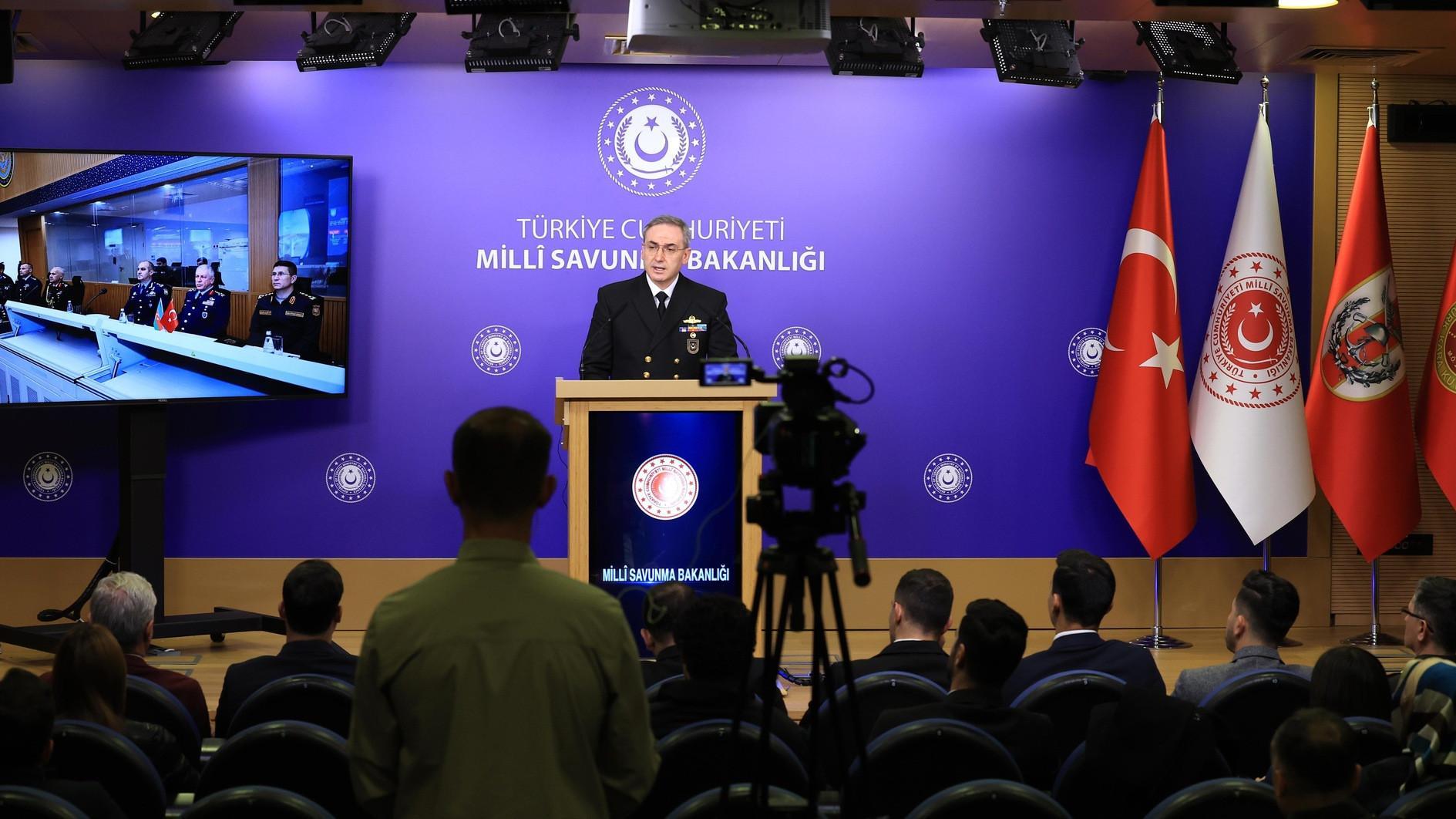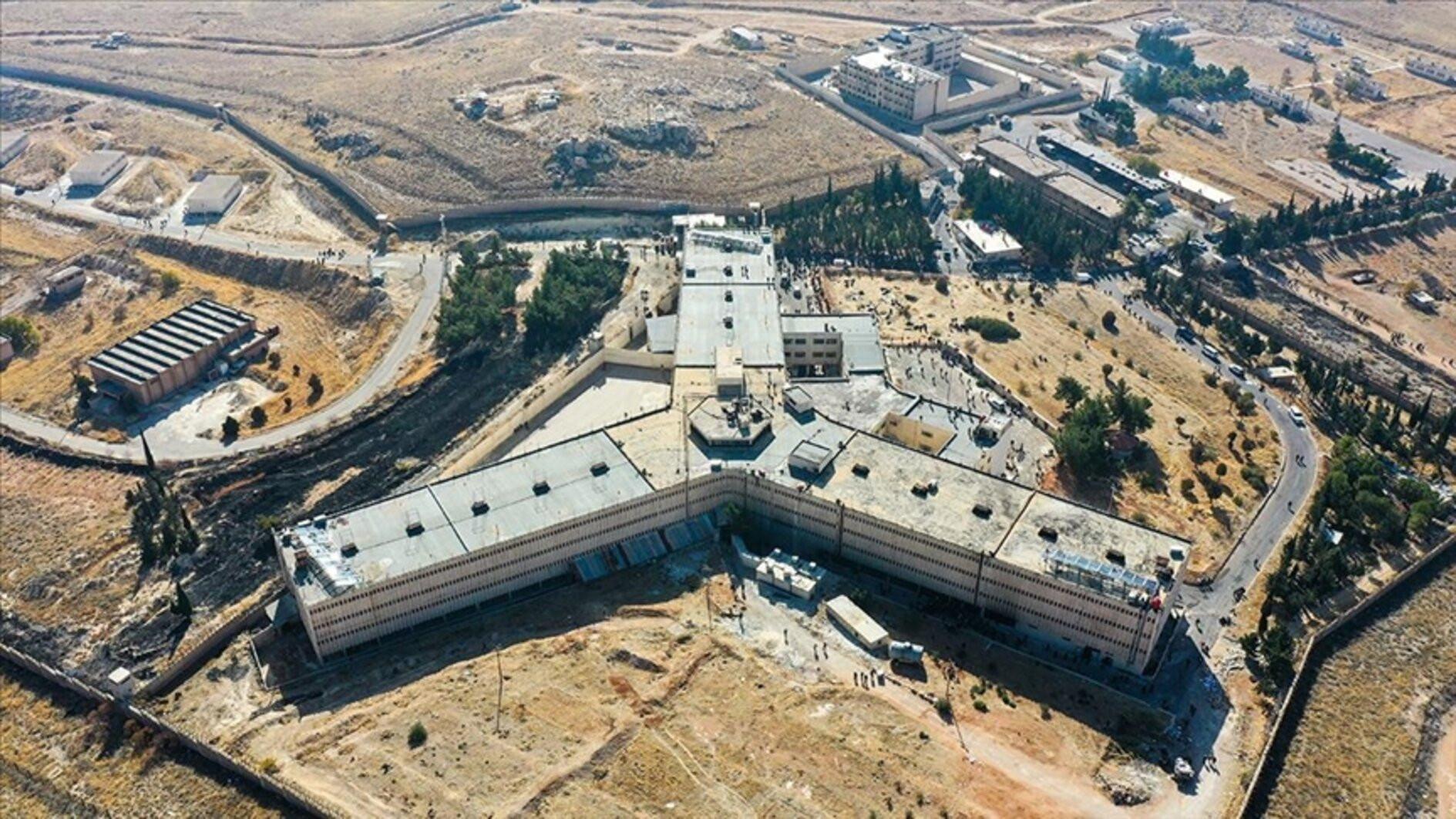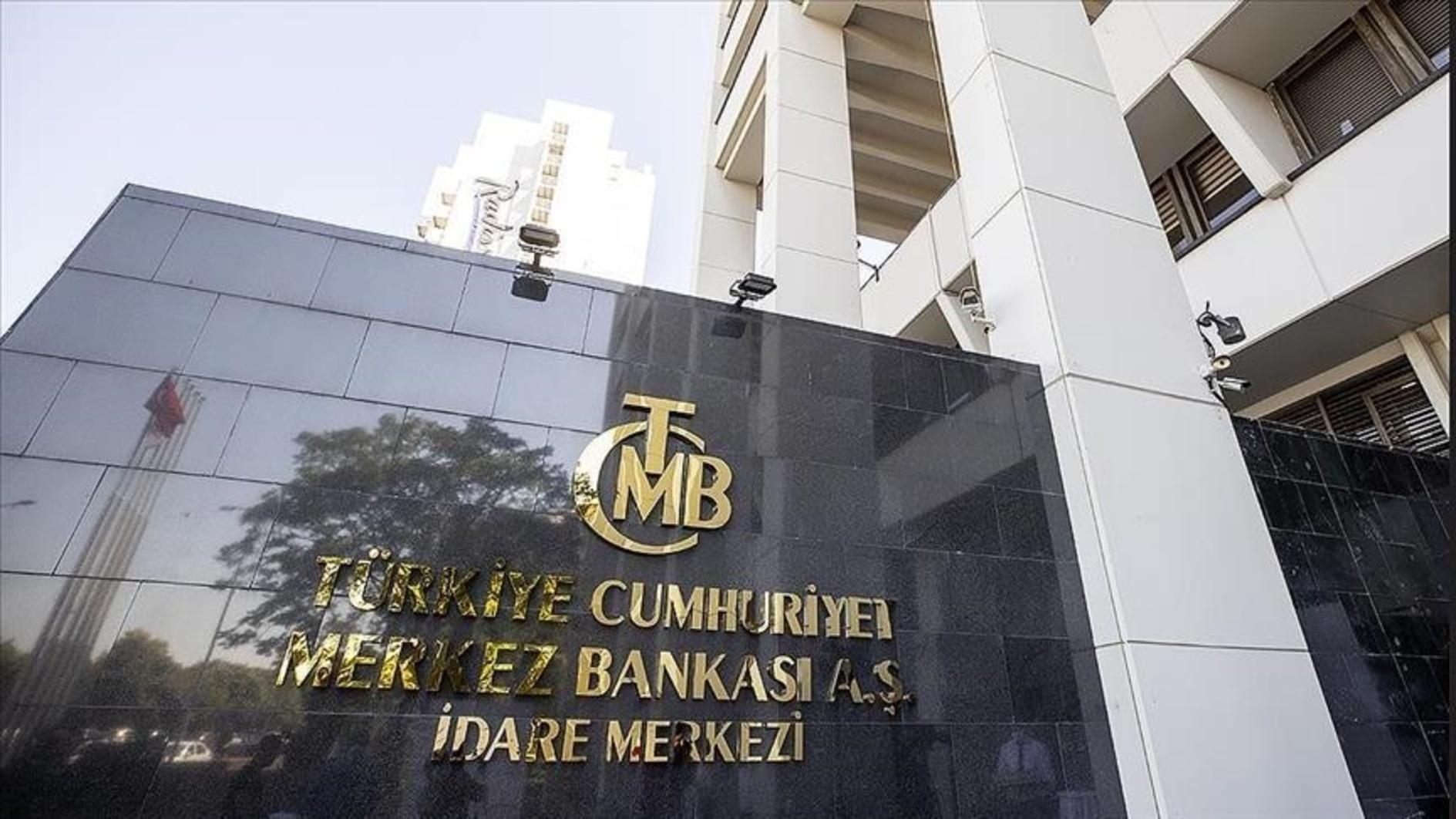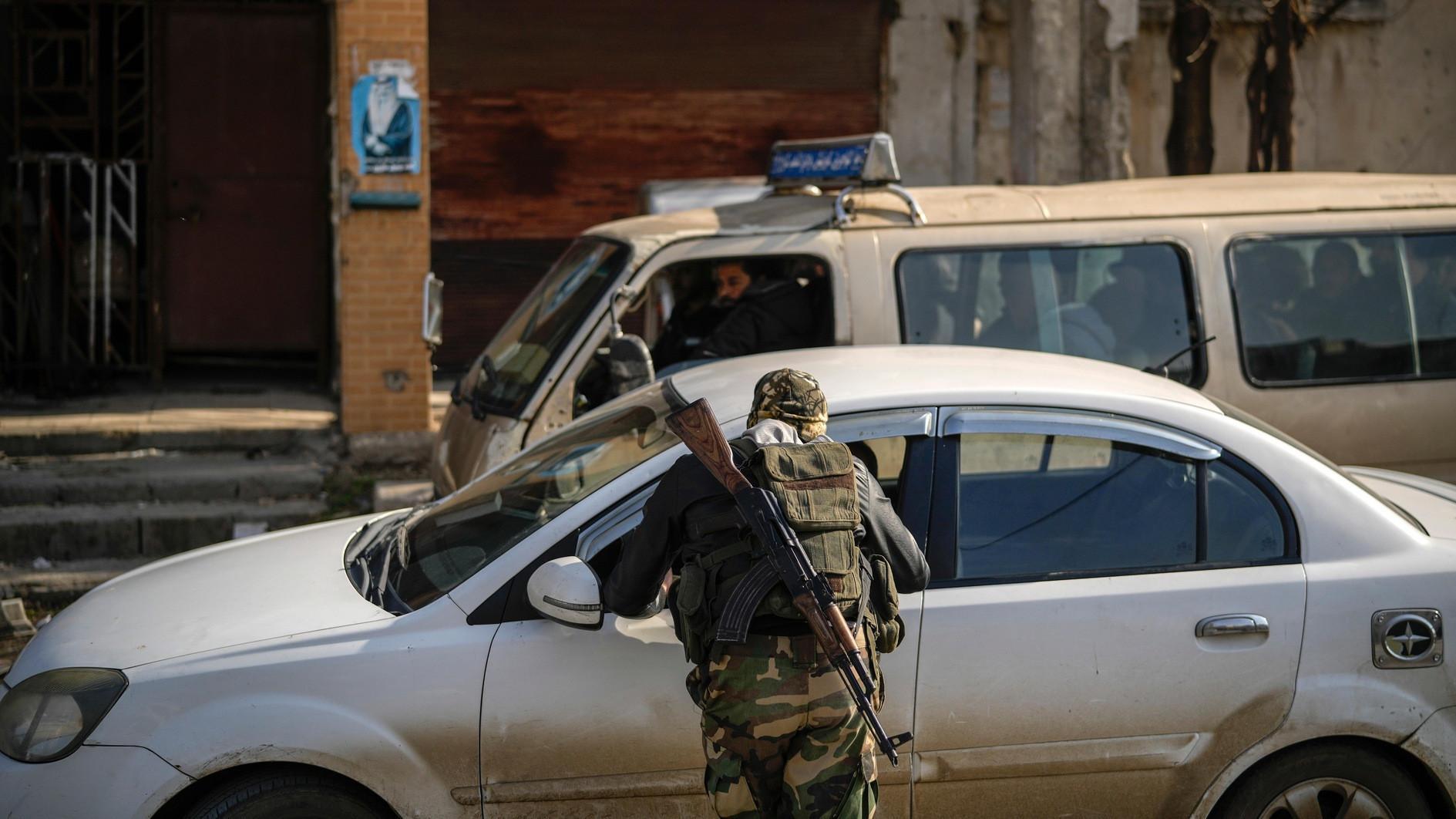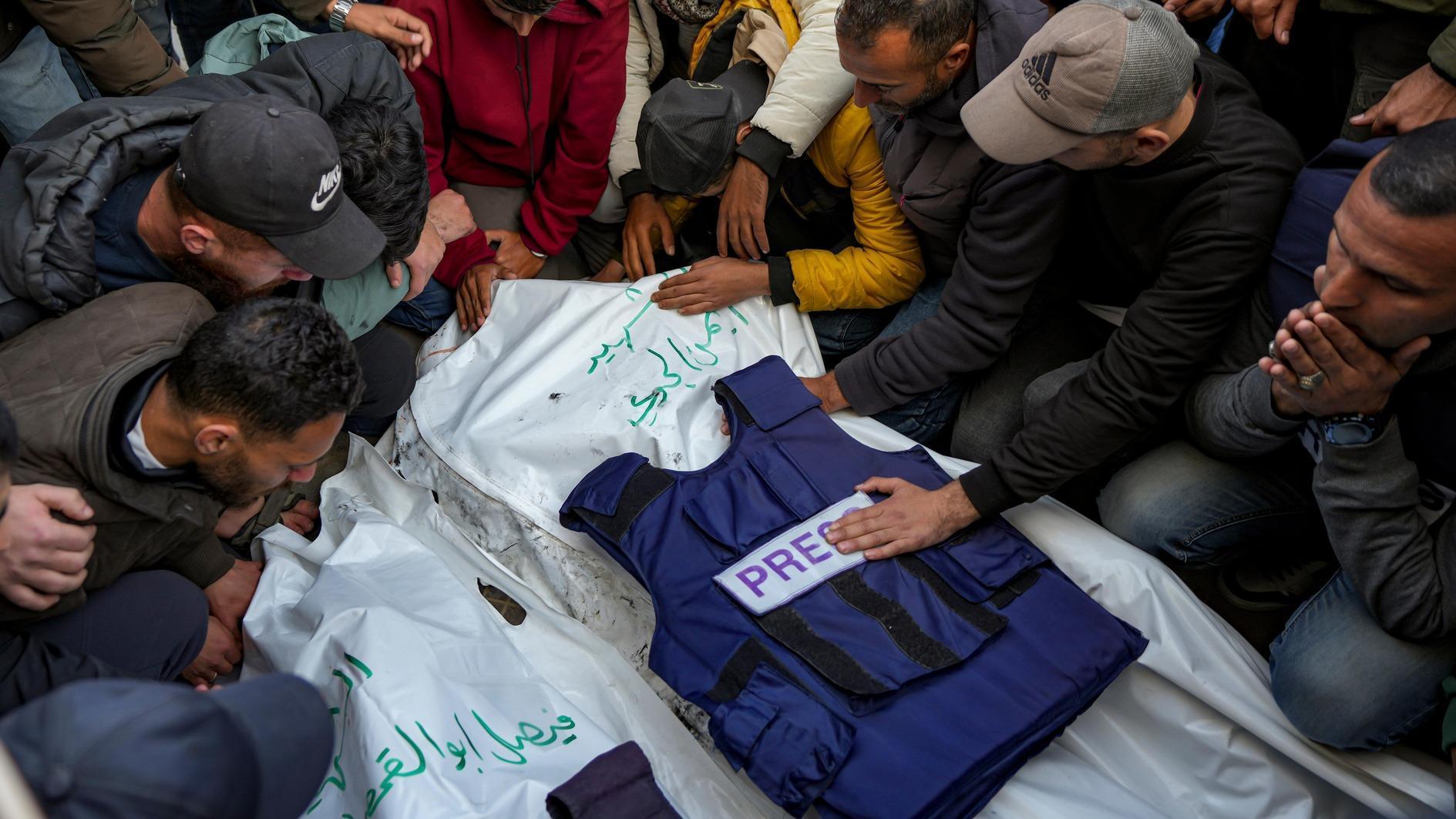Turkey, US discuss joint action against ISIL
ANKARA

Turkey’s President Recep Tayyip Erdoğan with U.S. Defense Secretary Chuck Hagel during their meeting at the Presidential Palace of Cankaya in Ankara Sept. 8. REUTERS Photo / Handout
Turkey and the United States have launched talks to discuss potential ways of cooperating against the Islamic State of Iraq and the Levant (ISIL) following a proposal by Washington to form an anti-terror coalition against the rapidly expanding jihadists.U.S. Secretary of Defense Chuck Hagel met top Turkish officials Sept. 8 to take Ankara’s pulse on what Turkey can do to take part in the coalition, given the fact that 49 of its citizens are being held hostage at the hands of ISIL.
Hagel first met with Turkey’s top soldier, Chief of General Staff Gen. Necdet Özel, at the military headquarters, before meetings with President Recep Tayyip Erdoğan, Prime Minister Ahmet Davutoğlu and Defense Minister İsmet Yılmaz. Hagel’s visit was interpreted as a follow-up to Erdoğan’s meeting with U.S. President Barack Obama on the sidelines of the NATO Summit in Wales last week during which nine NATO countries, including Turkey, as well as Australia, discussed the formation of a core group to “destroy ISIL.”
Obama will announce Washington’s strategy against ISIL on Sept. 10. He called on Sunni countries, like Turkey, Jordan and Saudi Arabia, to participate in the international community’s efforts to dislodge the jihadists, in an interview with the NBC Sept. 8
“I think that it is absolutely true that we’re going to need Sunni states to step up, not just Saudi Arabia, our partners like Jordan, the United Arab Emirates and Turkey [too]. They need to be involved. This is their neighborhood. The dangers that are posed are – are more directed at them right now than they are us,” Obama told the NBC.
Turkey raises concerns
Meanwhile, Turkey appears to have indicated that it would list certain caveats to an eventual decision to play a role in the coalition being constructed by the U.S.
“Turkey’s participation in every development and in every step that will be taken within the region is our allies’ desire. But we openly told them what will happen, how it will happen, what we will do and what we will not do,” said Foreign Minister Mevlüt Çavuşoğlu, speaking before Hagel held talks with governmental and military leaders of the country later in the day.
Çavuşoğlu said no decision has been made about how to make the coalition happen. “We stated that we would act with our allies, and we would do whatever falls on our shoulders on this issue, particularly about the threats in the region,” he said, when asked whether humanitarian assistance contributions or military contributions in potential actions against ISIL were expected from Turkey.
“Our difference is the fact that we very well know and [are] familiar with the realities in the region; we know the reasons as well, and we shared these facts with our allies too. But at the moment, there is no expectation or demand that states, ‘We expect Turkey to assume [this] task on this issue.’ However, in principle, we said at every platform that we would do our part for our region’s stability and to end bloodshed and tears,” Çavuşoğlu said.
‘Turkey’s partnership inevitable’
Despite Turkey’s concerns that its participation to the coalition can put the lives of its 49 citizens into danger, Washington believes its contribution to the fight against jihadists is inevitable.
“By geography, Turkey is going to be absolutely indispensable to the ongoing fight against [ISIL], because of just where they sit, the access we currently already have militarily and the cooperation that we have militarily,” a senior U.S. defense official said, according to Reuters.
The official declined to articulate what might be asked specifically of Turkey but noted broad needs across the coalition, including resupplying local forces battling ISIL on the ground, as well as training, refueling and airlifts.
“Those are things that a lot of countries can contribute to. Turkey, by the fact of its geography, is inevitably a partner,” the official said. “It’s got to be a partner, it won’t work without Turkey.”


